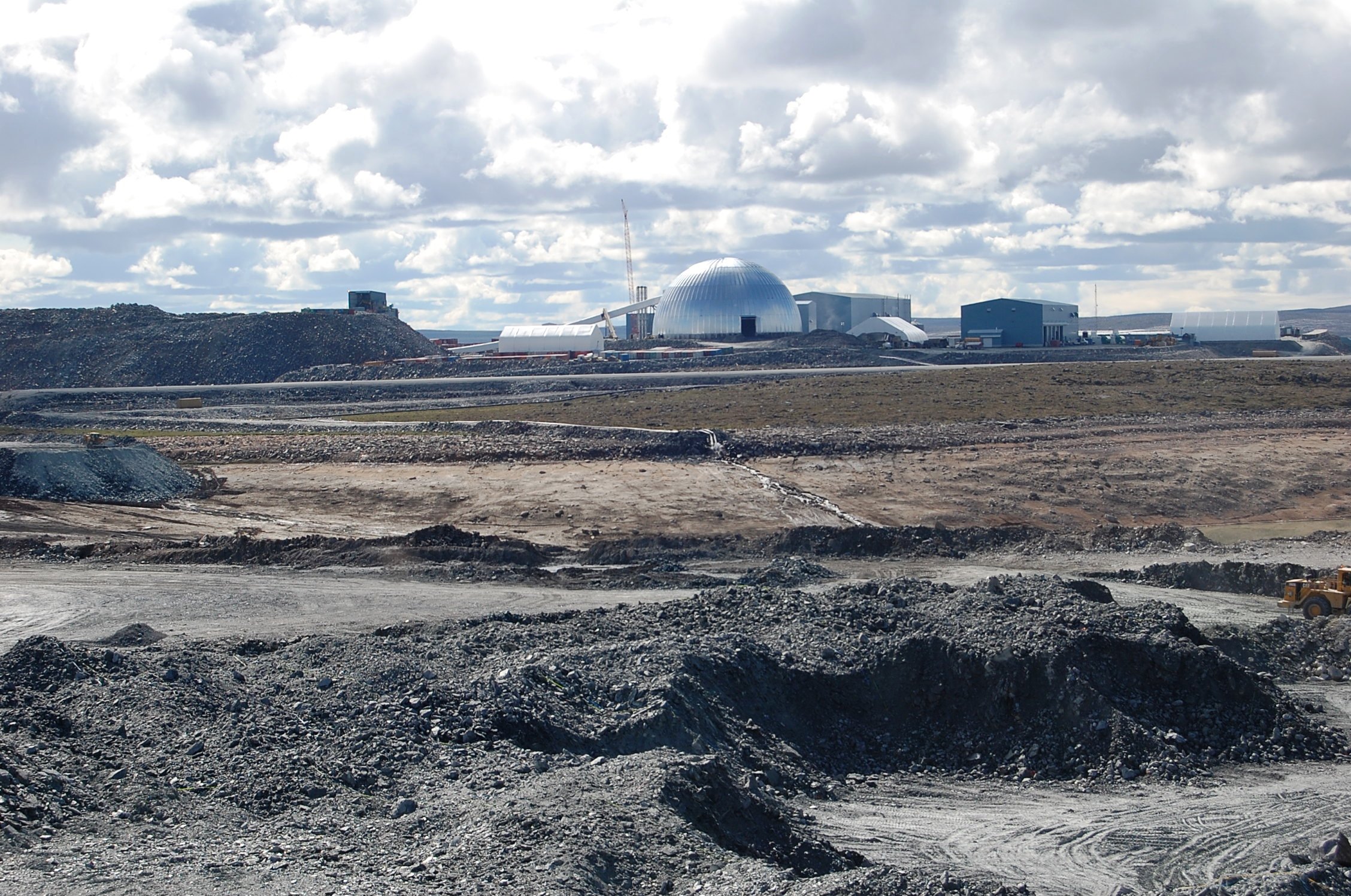
Knowledge transfer activities
The Indigenous Exchange Forum: transitions in mine closure, by Arn Keeling
The Indigenous Exchange Forum: transitions in mine closure was held on November 2 and 3, 2021, hosted virtually by the Centre for Social Responsibility in Mining (CSRM) in the Sustainable Minerals Institute (SMI), at the University of Queensland. The aim of the Forum was to foster an international network of First Nations leaders and interested community members in Indigenous communities impacted by mining and mine closure, to listen to their voices about the mine site transition on their Country, and to share experiences and lessons learned: first with each other, and then with industry. The Forum also aimed to facilitate knowledge exchange between Canadian, Australian and Aotearoa (New Zealand) First Nations regarding impacts, issues, and innovative ideas and practices in response to mine site transitions and mine closure.
Participating Indigenous groups included:
- Two groups in Australia: the Gija group in relation to the Argyle diamond mine (Kimberley region of Western Australia) and the Waanyi in relation to the Century lead, zinc and silver mine (Gulf of Carpentaria, Qld)
- Multiple groups in northern Canada, including Inuit in relation to the Raglan nickel mine (Nunavik, Northern Quebec), the Ross River Dena in relation to the legacy Faro lead-zinc mine (Yukon) and the Tłı̨chǫ in relation to the Diavik, Ekati and Gahcho Kue diamond mines (Northwest Territories)
- In Aotearoa, multiple Māori iwi (customary land-holding family groups) that have rights and interests over three OceanaGold mines: Macraes and Reefton mines (South Island), and Waihi mine (North Island).
The participation of Canada-based groups and researchers was generously supported by MinErAL Network knowledge translation funding.
Due to COVID-related restrictions, the entire forum dialogue was virtual, and held over two days across widely different time zones. In spite of these challenges, participants shared powerful insights about their experiences with the mines and mine closure, including experiences of past closure and concerns, expectations, and aspirations about future closures. Common themes included:
- Mines as an expression of settler colonialism
- Inequitable power relationships
- Importance of culturally relevant governance and interface structures with industry (and the state)
- Post-mining employment strategies and the need for an exit plan
- Opportunities that closure and reclamation offer Indigenous people and their businesses
- Indistinguishability between ecological, social and health impacts
- The possibility of mine closure leading to healing
The outcomes of the report are synthesized in a report that will be available on the Sustainable Minerals Institute website in early 2022.

